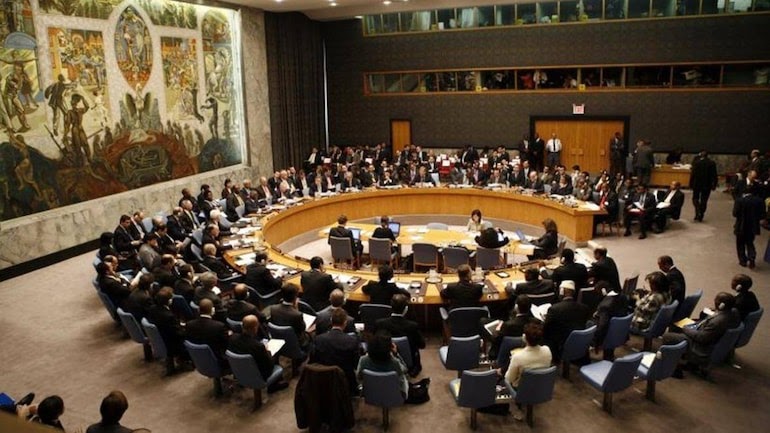On the 19th day of the ongoing conflict between Israel and Hamas, tensions had gone up to a critical point, drawing global attention and sparking intense debates at the United Nations Security Council. The conflict increased after a significant attack by Hamas on Israel on October 7th, prompting a series of responses and developments from various parties involved.
The Israeli ambassador to the United Nations called for Secretary-General Antonio Guterres to resign after Guterres remarked that Hamas’s attack did not occur in isolation but in the context of an extended occupation faced by Palestinians for over five decades. Guterres highlighted that these attacks could not justify the collective punishment of the Palestinian people, leading to heated debates at the Security Council.
Israel’s response to the October 7 attack has been decided. Israeli Foreign Minister Eli Cohen stated before the UN Security Council that Israel considers it not only their right but their duty to destroy Hamas completely. He highlighted that the conflict in Gaza is not merely Israel’s struggle but a battle for the free world.
The Israeli military increased its operations, conducting 400 airstrikes within 24 hours, targeting Hamas commanders, militants preparing rocket launches, and crucial command centres, including a Hamas tunnel handle. All though, Australia installed additional air force transport planes to the Middle East, preparing for potential expulsion of Australian citizens in case hostilities gone up further.
In a show of unity, Czech Prime Minister Petr Fiala and Austrian Chancellor Karl Nehammer travelled to Israel, expressing support for the nation and its people in the face of terrorist attacks and the ongoing conflict with Hamas. France’s President Emmanuel Macron also visited Israel, declare his country’s support in the fight against terrorism.
The conflict’s impact on Israel’s economic stability became evident as S&P lower Israel’s credit rating outlook from “stable” to “negative.” The agency lower concerns about the conflict grown up to a broader regional crisis and its potential economic outcome.
During the crisis, the United Nations health agency urgently called for a humanitarian pause in Gaza to facilitate the distribution of critical supplies, highlighting the hopeless situation and the need for continuous passage of fuel, health supplies, and humanitarian aid to prevent a harmful outcome.
India actively contributed to humanitarian efforts, with Ambassador R. Ravindra, India’s Deputy Permanent Representative to the United Nations, stating that India dispatched 38 tons of food and critical medical supplies to the Gaza Strip, showing international oneness among the ongoing conflict.
The conflict between Israel and Hamas continues to draw international concern, with graceful efforts underway, humanitarian aid being sent, and nations expressing support for both sides in an attempt to ease tensions and find a peaceful resolution to the crisis.

